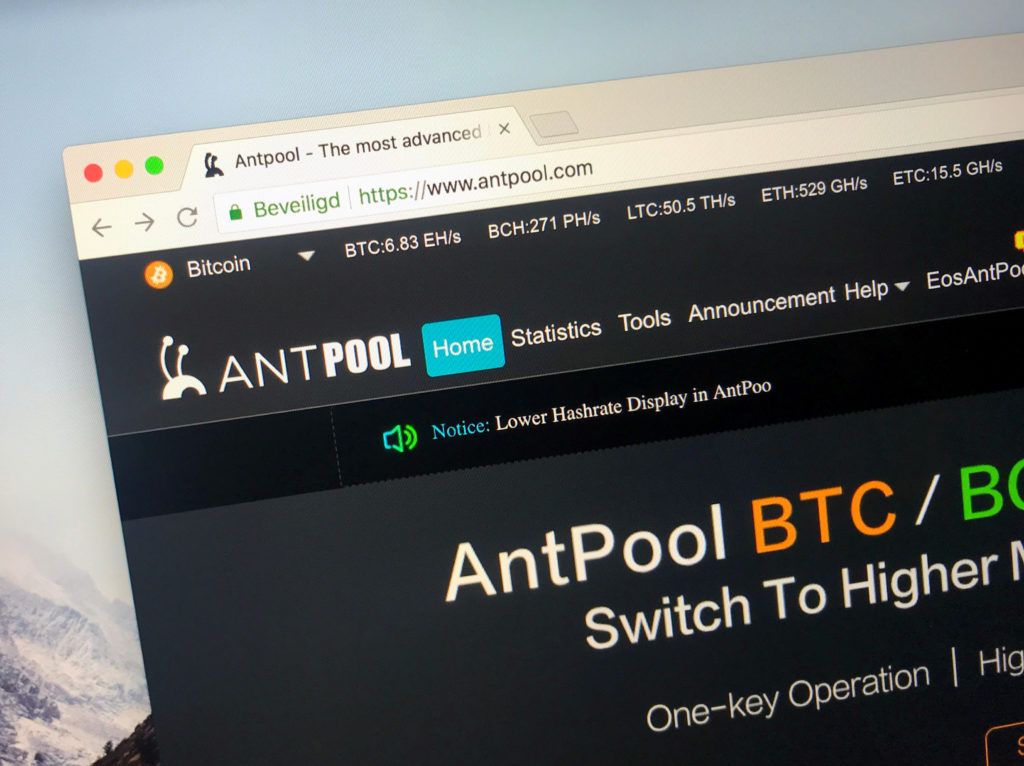Crypto mining pool AntPool has said it will no longer manage Ethereum accounts after the Merge and has asked customers to provide their private ETH addresses.
AntPool made the announcement in a blog post titled “ETH Maintenance Change Notice.” According to the mining pool, ETH 2.0 “comes along with the risk of censorship among different countries.”
The mining pool, for the safety of its clients, has decided not to maintain ETH assets on the POS chain. Users have until September 3 to provide an ETH Wallet address to receive their ETH assets in the pool.
AntPool, operated by Bitmain on Ethereum, is a mining pool where several people combine processing power and computational resources to mine Ethereum.
AntPool Maintains Support for PoW
Meanwhile, AntPool also expressed its support for proof-of-work (PoW) in the blog post. It stated that it would keep providing Ethash mining pool services for those who want to mine Ethash tokens like Ethereum Classic (ETC).
The move is not surprising considering the network recently committed $10 million towards the ecosystem development of ETC.
The firm also stated its support for other PoW tokens and the decentralized PoW consensus. “ANTPOOL has always devoted itself to the development and maintenance of the PoW ecosystem,” the post concluded.
Ethereum’s Censorship Concerns
Concerns about Ethereum censorship have risen since the US OFAC decision to sanction Tornado Cash. Several analysts have pointed out that the blockchain network’s migration to a proof-of-stake consensus mechanism could further make it prone to censorship.
With about 60% of validator nodes on the network controlled by US-based staking service providers, many believe the government could coerce these centralized providers to censor transactions.
Meanwhile, Coinbase CEO Brian Armstrong said the exchange would rather quit Ethereum staking than censor the network’s transaction. However, fears remain within the community over what such regulatory requests might mean for the industry.
For Be[In]Crypto’s latest Bitcoin (BTC) analysis, click here.
